Grape Octane Grape Octane OG
Cannabinoid THC Dominant
THC 22 - 22%
CBD 0.54 - 0.81%
Effect Sedated
Side Effect Dizzy
Flavor Grapefruit
Grape Octane Strain
THC
CBD
Potency
Grape Octane is a rare cannabis strain bred by Cannarado Genetics. This hybrid (50/50) is a cross of Grape Pie with High Octane OG. Its CBD level ranges from 1.1% to 1.38%, and its THC content amounts to 22%. The terpene profile is dominated by:
Flavor and Taste
The smell of Grape Octane comes with a strong touch of berries, lemon, and rose with a chemical/diesel note.
The buds are olive green and shaped like grapes. They have thin amber hairs and frosty white trichomes.
Effects and Properties Grape Octane Weed Strain
Grape Octane marijuana strain is known for its strong sedating and soothing effects. The smokers feel euphoria with a relaxing body high, which is long-lasting. It fills the brain with lifted happiness and motivates smokers to engage in a conversation. Aside from becoming talkative, consumers can also become giggly. Users can experience tingling sensations.
The strain is used for multiple medical purposes and helps people cope with a number of physical and mental conditions, such as:
- Muscular dystrophy
- Post-traumatic stress disorder
- Alzheimer’s disease
- Attention-deficit/hyperactivity disorder
The use of this cannabis may come with potential side effects because of individual hypersensitivity or overdose. Both recreational and medical consumers may experience:
- Heightened sensory perception
- Dry eyes
- Thirst and dry mouth
- Limb tingles
- The Grape Octane is best used at the end of the day.
Growing Tips
This kush is suitable for both in-house and outdoor grow operations. The flowering cycle of the plant is 54-62 days, while its harvest period is 58 days. Regarding its genetics, Grape Octane strain produces average-sized bushes of 30-60 inches high and yields up to 1-2 oz./ft2.
Side Effects
Simply let us know how this strain tastes or write a detailed review.
Grape Octane Strain Cannabinoids
| THC | Tetrahydrocannabinol, or THC, is a major cannabis chemical compound. It is a psychoactive element that stimulates dopamine release and induces euphoria or happiness. THC-rich strains may be helpful with such conditions as lack of appetite, chronic pains , etc. It is considered to be the primary active marijuana component. | 22 - 22% |
| CBD | Cannabidiol, or CBD, is a major compound in cannabis, which is non-psychoactive. It is also proved to counteract the side effects of the second major component THC. CBD is widely used for medicinal purposes in rubs, oils and so on. It is helpful in muscle pain cases, may treat arthritis and migraines. Even Greeks used it against pain, while Queen Victoria applied it to get rid of menstrual cramps. | 0.54 - 0.81% |
| CBC | Cannabichromene, or CBC, is a minor cannabinoid, meaning that its quantity in cannabis is quite little. Though it has the same origin as CBD and THC, it is different in functions. Without any psychoactive effects, it is an efficient cannabis compound in combating acne and depression. CBC produces analgesic, antibacterial and anti-inflammatory effects. | 0.05 - 0.12% |
| CBG | Cannabigerol, or CBG, is one of the minor cannabis compounds in adult plants. On the other hand, young ones contain a lot of this antibacterial and anti-inflammatory component. During the growth, CBG is converted into different cannabinoids, mostly THC and CBD. The compound itself increases appetite and decreases eye pressure. | 0.08 - 0.22% |
| CBN | Cannabinol, or CBN, is a trace element in cannabis that is considered to be mildly psychoactive. It appears from oxidation THC, exposed to light and heat. CBN is mostly contained in old cannabis and in traditional hashish. It is effective against insomnia, bacterial infections and appetite loss. | 0.37 - 0.54% |
| THCV | Tetrahydrocannabivarin, or THC-V, is a compound contained in cannabis in trace amounts. Even though it is close to THC molecularly, it is different in effects. This compound may be psychoactive only in large amounts. THC-V reduces blood sugar, controls appetite, stimulates bone growth, etc. African Sativa strains are the richest in THC-V. | 0.2 - 0.28% |
Grape Octane Terpene Profile
| Pinene | Pinene is one of the most widespread terpenes in nature, found in pine trees, basil, nutmeg, parsley, and rosemary. Cannabis containing terpene (alpha-pinene or α-pinene) boasts a strong pine scent. Pinene is responsible for anti-inflammatory, pain-relieving, and anti-anxiety effects. | 0.05% |
| Myrcene | Myrcene (also known as β-myrcene) is one of the most common terpenes found in cannabis, representing more than 20% of the modern marijuana terpene profile. Myrcene has a distinct earthy, musky flavor, resembling cloves. It is responsible for calming and soothing effects of weed. Myrcene is also found in hops, thyme, mango, lemongrass, guava melon. | 0.21% |
| Ocimene | Ocimene (derived from the Ancient Greek word Ocimum meaning basil) is a terpene with sweet and herbaceous flavors, also boasting citrusy and woody undertones. Naturally, ocimene occurs in mint, parsley, orchids, hops, kumquats, mangoes, basil, bergamot, lavender, and pepper. Offers antifungal, anti-inflammatory, and antiviral properties. | 0.01% |
| Humulene | Humulene (also known as α-humulene) is one of the major terpenes found in cannabis, contributing to woody, earthy, spicy, herbaceous, and, mainly, floral aromas of cannabis. Used in modern medicine, humulene offers anti-inflammatory, antibacterial, and appetite suppressant effects, which have been well-researched by pharmaceutical companies. | 0.09% |
| Limonene | Limonene (also known as d-limonene) is the second most common terpene in nature and the third most common terpene in cannabis. It has a powerful citrus aroma and can be found in all citruses, including lemons, oranges, grapefruits, limes, juniper, etc. Limonene is known to elevate moods and provide anxiety, depression, and stress relief. | 0.19% |
| Linalool | Linalool (also known as beta linalool, linalyl alcohol, linaloyl oxide, and p-linalool) is one of the rarest terpenes found in cannabis, mostly in small quantities. Linalool is known for its spicy and lavender aroma, bringing relaxation and calming effects. It is also said to provide anti-inflammatory and analgesic properties that can be useful for athletes. | 0.1% |
| Terpinolene | Terpinolene is one of the most common terpenes found in cannabis; however, It's usually presented in small quantities. Is responsible for piney, floral, herbaceous, and even a little bit citrusy aroma of cannabis. Terpinolene can be found in lilacs, nutmeg, and cumin. In cannabis, terpinolene contributes to the sensation of "freshness." Has the potential to reduce the risk of heart diseases. | 0.01% |
| Caryophyllene | Caryophyllene (also known as beta or b caryophyllene) is a terpene found in many herbs and spices, such as black pepper, basil, rosemary, and oregano. Cannabis high in caryophyllene delivers a strong spicy, peppery aroma, resembling cinnamon and cloves. Caryophyllene offers potent anti-inflammatory and sedative effects. | 0.34% |
| Total terpenes content | 1.00% |
Growing Info
Similar Strains
THC 7.75 - 10.75%
CBD 0.02 - 0.56%
Effect Calm
Flavor Butter
THC 19 - 22.5%
CBD 0.16 - 0.95%
Effect Sleepy
Flavor Lime
THC 22 - 23%
CBD 0.59 - 0.84%
Effect Happy
Flavor Tar
THC 20.5 - 29.5%
CBD 0.23 - 1.04%
Effect Tingly
Flavor Berry
THC 18.5 - 21.83%
CBD 5.49 - 5.77%
Effect Talkative
Flavor Spicyherbal
THC 15.5 - 18.5%
CBD 0.01 - 5.99%
Effect Giggly
Flavor Cheese
THC 22 - 28%
CBD 0.19 - 0.35%
Effect Happy
Flavor Spicyherbal
THC 5.5 - 7.5%
CBD 0.01 - 0.19%
Effect Concentrated
Flavor Spicyherbal
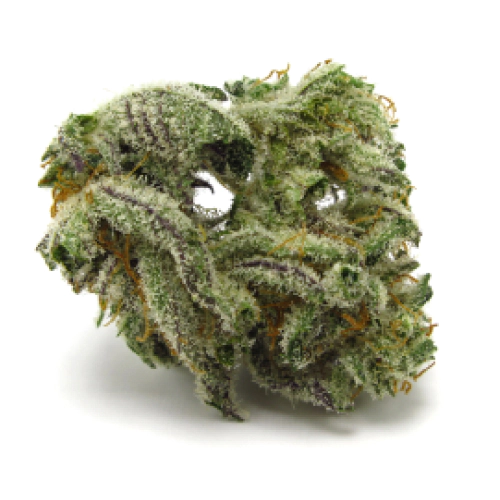
THC 20.5 - 22.5%
CBD 0.36 - 0.65%
Effect Relaxed
Flavor Berry
THC 22 - 24%
CBD 0.35 - 0.49%
Effect Euphoric
Flavor Sweet
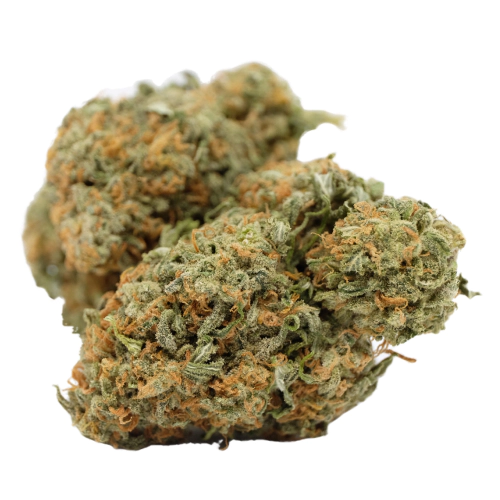
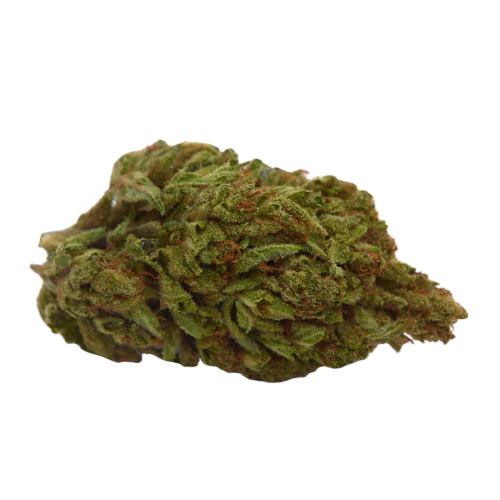
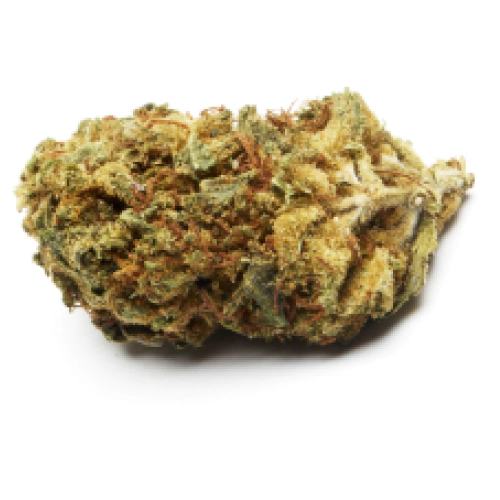
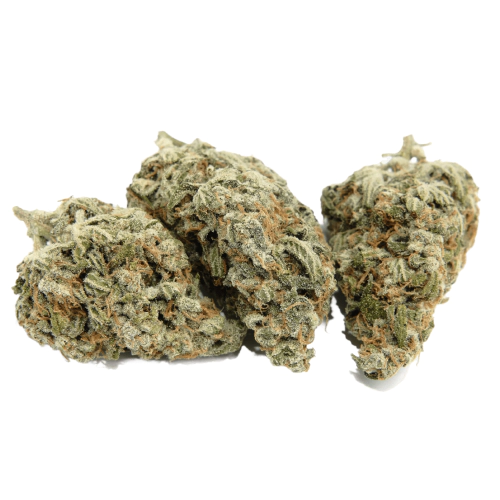
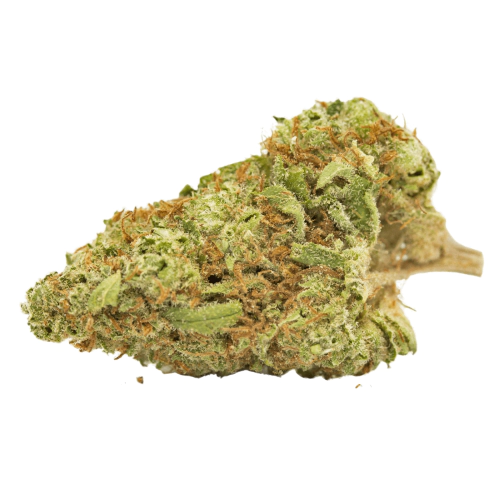
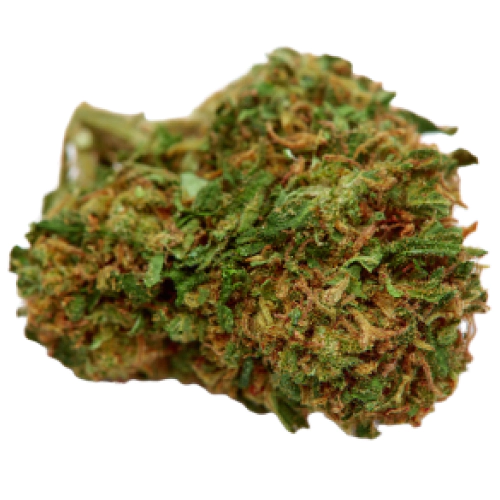
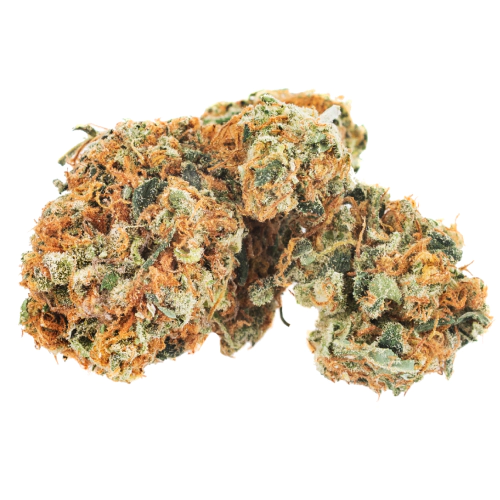
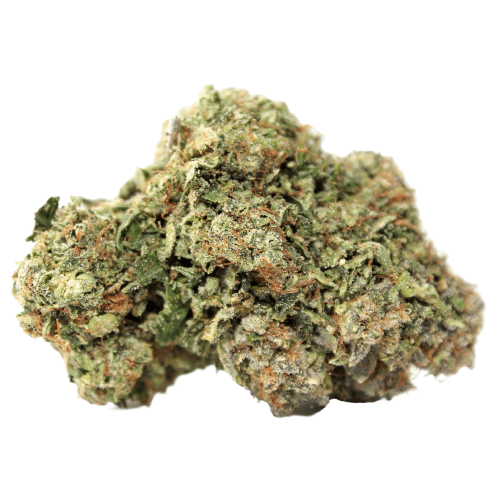
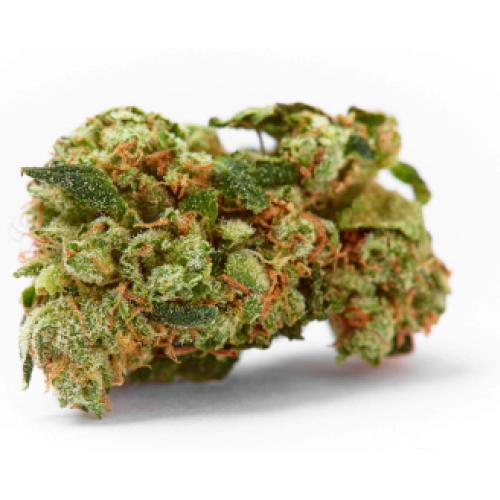
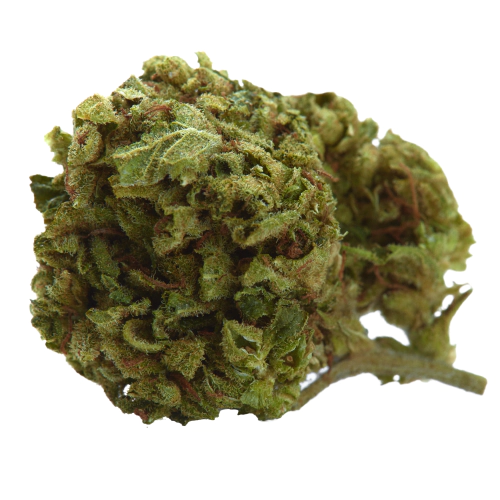
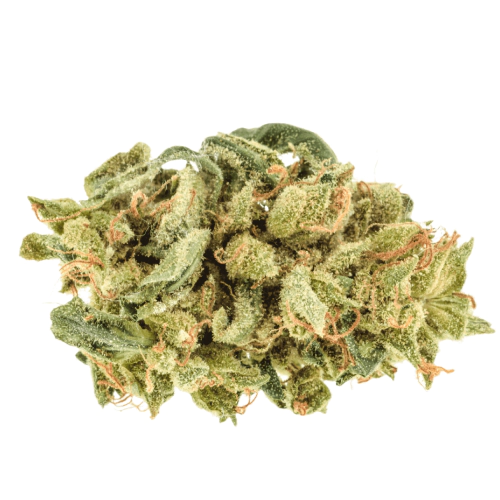
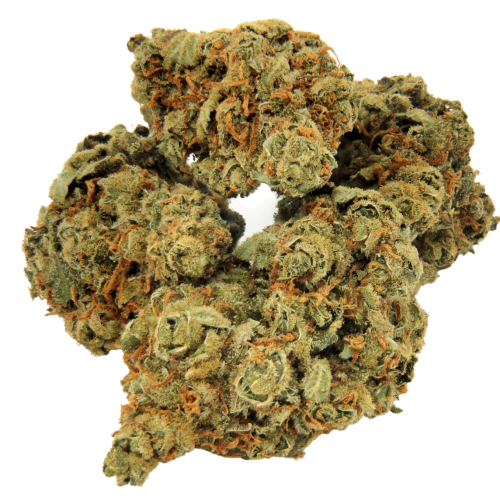
Be the first and share your opinion
Write a Review